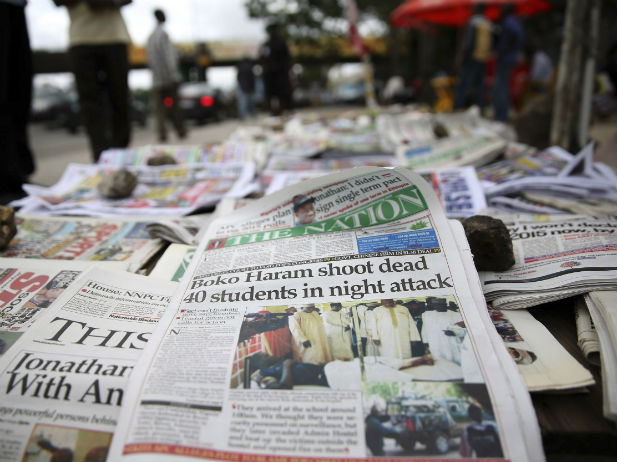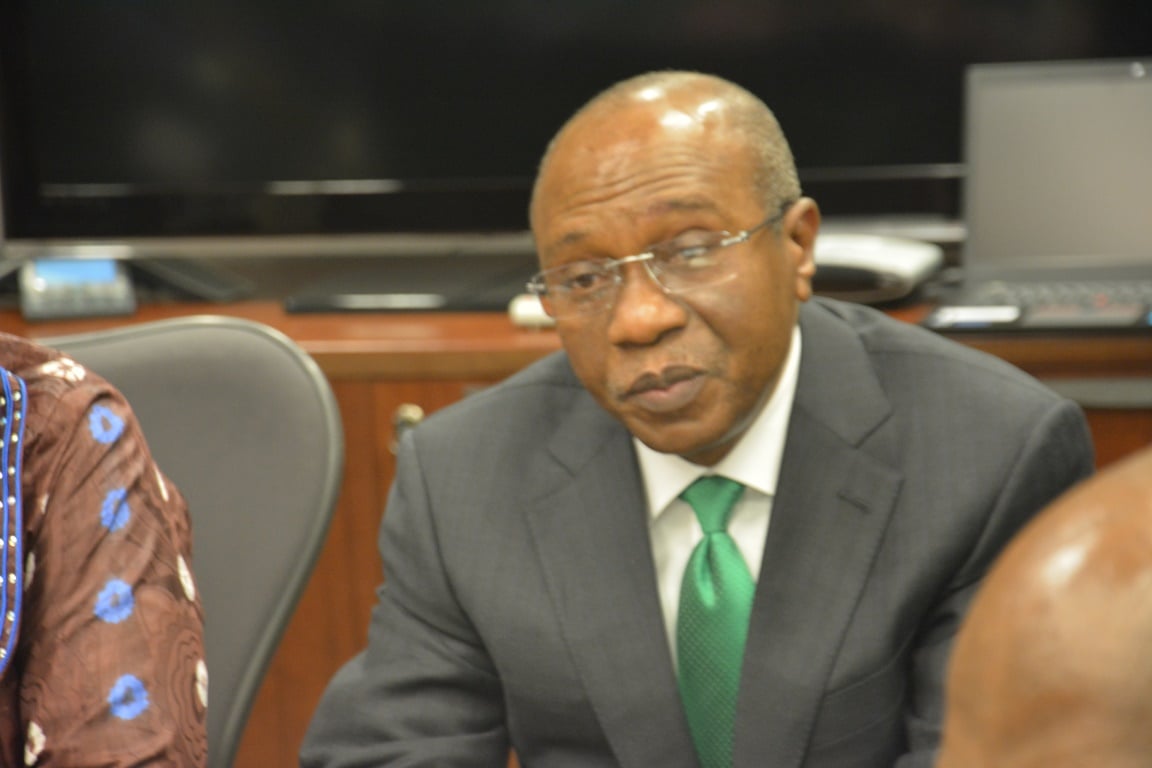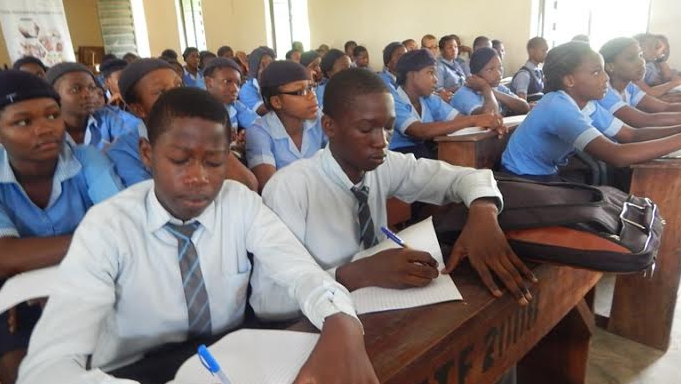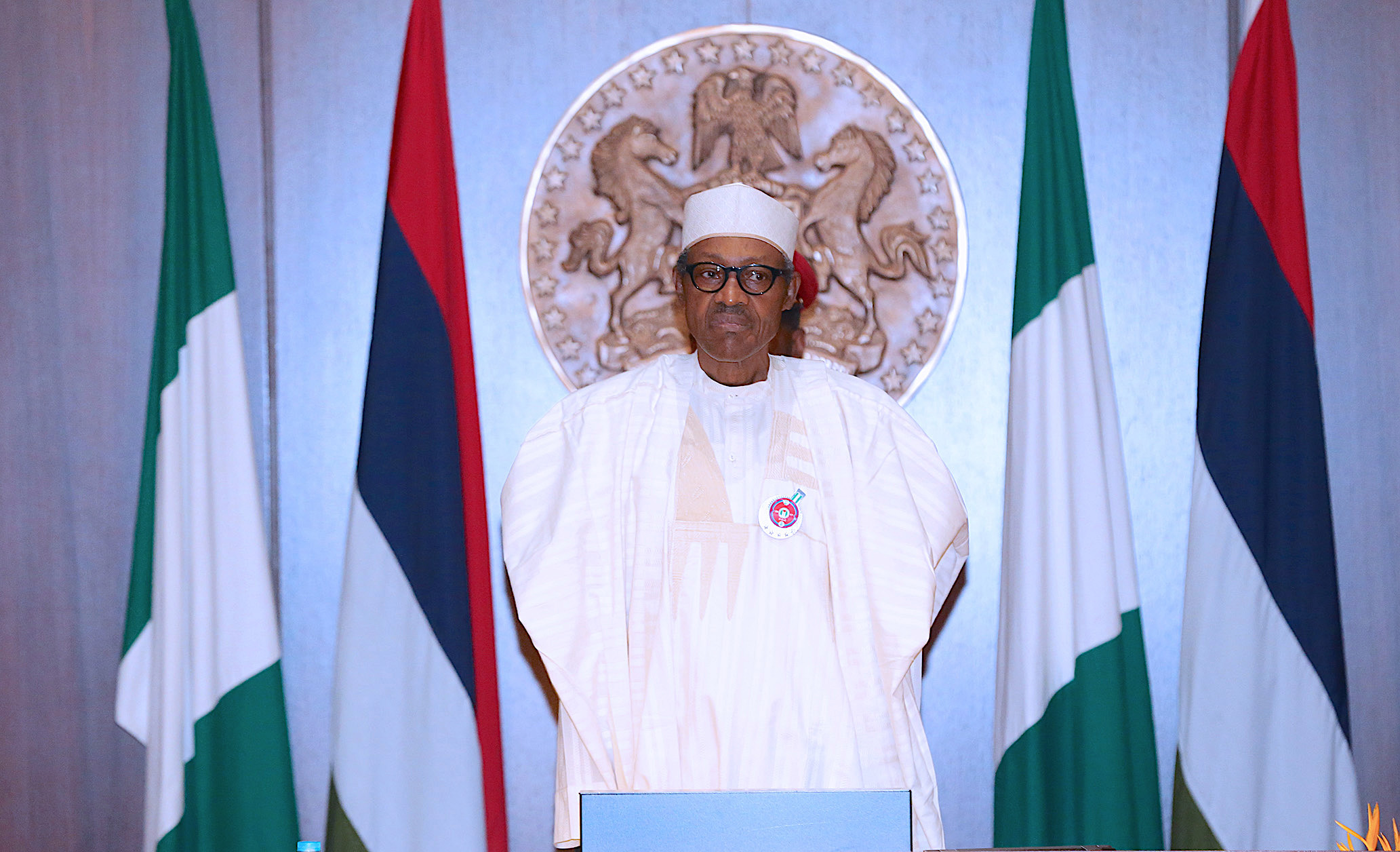The fundamental expectations of media in a democracy, being the fourth estate of the realm, are universally seen to be: truthful information dissemination (reportage); critical scrutiny (commentary, analysis, adversarialism); representation and advocacy; which requires impartiality and sometimes partiality (as long as it is clearly demarcated as such, and commentary is distinguished from fact).
Partisanship Journalism, especially when on the side of justice and the populace and is classified as such may be accepted. Unfortunately when in pursuit of good and it is not signalled as that, it becomes propaganda journalism. What that portends is that there is a thin line between the two but the implications are far reaching. More often than not propaganda journalism is more than just camouflaged partiality, it is evil and its effects destroy the credibility of journalism.Beyond this, propaganda journalism shakes the foundation of the society to its root.
McNair while trying to justify partisanship Journalism states ‘In the role of representative, the media is positioned to be advocate of the people”. In this shoe, media can advocate a particular political position and be partisan with respect to a public debate by seeking to persuade people of a particular view. The key word here is ‘Public debate’ not selfish interest. But since the word itself is prone to abuse, It has given rise to propaganda journalism.
But before we go into details of propaganda journalism, it is expedient to see the origin of partisanship Journalism as suggested by McNair. Journalistic partisanship (as opposed to mere propaganda) began in 18th century English Civil war where ‘adversarial politics promoted a partisan and often acrimonious press”. According to McNair, ‘journalists then participated in, reported on, the conflict between the decaying aristocracy and the ascendant bourgeoisie. And in 19th century ‘we witnessed situation where ‘newspapers played an increasingly strident role in opinion formation and in the polarisation of popular political debate.” As seen here, partisanship Journalism promoted public debates and not parochial or selfish interest of the few. Besides, stringent efforts were made to promote and preserve the ‘appearance of objectivity and factual accuracy in reporting’. There was also clear and sustained efforts made in the separation of facts and opinions.
Advertisement
Propaganda journalism on the other hand takes a distance stroll away from the normative idea of journalism objectivity, balancing amongst other crucial factors. To see propaganda journalism in action, there is a subtle demand and tacit support by journalists to actively, tactically promote a ‘dominant ideology imposed by the ruling political class’. A case where there is a continuous preferential treatment and a consistent pattern on news coverage where a single perspective is promoted through framing (selection of an aspect of a perceived reality over others) and endorsed by the media needs cross-examination. We do know this can be done professionally without media content consumers knowing. It will only take the prying eyes of other trained professional to read between the lines. No one will deny the challenge of the media as McNair claimed ”the media are structurally locked into pro-systemic bias, and challenged with the “objective” coverage of anything which seriously threatens the social order of capitalism”. It is also a known fact that ”the aspirations of objectivity, and of independence from the state, are masked in the sphere of political coverage for the production by the media. In many instances this masked political coverage is the dominant idea of elitist class.
Propaganda journalism is not a child of this new age. Researches had shown, its ugly head shown in ‘Bolsheviks,Soviet Russia, where journalists were required to renounce “bourgeois objectivism” and act as propagandists for the proletarian revolution and the dictatorship of the proletariat’. From then this brand of journalism was exported to varied Countries. A clear point from here is that the challenge of propaganda journalism is not only a problem of developing or underdeveloped world. Truth be told, majority of the events and media coverage leading to the US-Iraq wars and few others had been seen as product of propaganda journalism as most of the facts had now been proven to be untrue.
Are there justifications for propaganda journalism, yes of course. Many researchers including McNair and David Miller amongst others agreed ‘sometimes a very good explanation for propaganda journalism is a recourse to ‘national security’ among others terms. This has been used to brainwash media content consumers as alibi. In many cases such terminologies had been used for lack of necessary scrutiny of the facts that are presented to the audience. But one other salient issue is that many journalists especially in the developing world cannot hold political elites accountable as some have had their hands soiled through kick backs and brown envelopes.
Advertisement
At the end, what is produced and pushed to the public as news are mere reinforcement of predominant ideas of the government, that of the political class or experts. If we must keep our societies’ safe, media has a role which must be played despite varied challenges in different regions. Yes for developing world, the challenges may appear insurmountable but with determination and dogged professionalism, we can get there.
Whatever we do as media professionals, we need to be champion of ideological disputes and resolutions, create a platform of debate which try hard to give voices to every parties(we acknowledge that may be a tall order in certain instances) and be a good ground for quality and enriched conversation instead of becoming a tool in the hands of the oppressor and political elites.
Views expressed by contributors are strictly personal and not of TheCable.
Add a comment







